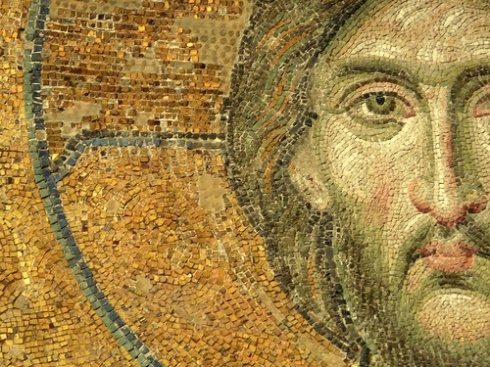“…they said there’ll be peace on earth.” – Greg Lake
I’ve been thinking recently about writing a reflection on how Christmas, and the Christmas spirit, brings alot of peace and goodwill at this time of year. I was going to write about how people are generally nicer to each other and look out for each other a bit more in the weeks leading up to this time of year. John Smith said many years ago that if it wasn’t for Christmas, the violence and suffering in our society would be even greater.
That may have been true back then, but it doesn’t quite ring true after the unimaginable horror of Newtown, Connecticut. The truth about Christmas for most of us is that it is actually a time of great paradox. It is a time when emotions are heightened, both in a positive and negative sense. As Greg Lake sang in his profound I Believe in Father Christmas almost forty years ago, “they said there’ll be snow at Christmas, they said there’ll be peace on earth.” But there is no peace in Newtown this Christmas in the families of those grieving the loss of their innocent children; there is no peace in the ongoing conflict between Israel and Palestine, and we find no peace in the families of those for whom Christmas is a time when loneliness and poverty are heightened.
I went to a Christmas show at one of the largest churches in my home city of Melbourne last week. It was a wonderful production and I had a huge lump in my throat as they went through the story of the Nativity. But I also felt disappointed that the full story was not told. As usual in church circles, the story they told was a sanitised version. It actually wasn’t the real Christmas story. There was nothing of Herod wanting to kill all boys under two in his attempt to dispose of Jesus; Simeon’s talk to Joseph and Mary did not mention that a sword would also pierce their souls as it would Jesus’; and Mary’s revolutionary Magnificat was not even mentioned.
When we sanitise the Christmas story, we not only do not do it justice, we not only leave out part of the Gospel, but we also distance it that much more from the realities of our own lives. In other words, we bring across the impression that the Gospel of Jesus is not as relevant as it really is. The story they were telling last weekend did not contain as much good news as it would have had they told the whole story. The truth is much more powerful when told within the context in which it happens.
Christmas is not a nice story with fluffy animals and a little smiling baby Jesus who ‘no crying he makes.’ The Christmas story is scandalous. It is both uncomfortable and comforting at the same time. And for these reasons it is incredibly good news for all of creation. Like the rest of the Gospel, it comforts the afflicted and afflicts the comfortable.
This Christmas sees much tragedy in the world. That’s why we need to remember the birth of the world’s Saviour more than ever. As John Mellencamp sang in the ’90’s, “Now more than ever, the world needs love; not just a slogan, but the world needs love.”
The Christmas story, with its almost ‘too-good-to-be-believable’ hope, is just what the doctor ordered in a world in which our children are slaughtered in broad daylight, and in which selfishness so often rules the human heart. The Son of God was born into just such a world in the 1st century. The hope he brought then is just what the world needs now. Christmas is more relevant than ever in 2012. Come Lord Jesus. We need you.
And to the people of Newtown, and all others for whom this Christmas will not be as merry as you had hoped, may the truth of the Christmas story, the hope coming out of the horror, soothe your aching souls. Meditate on them as you take in also the words of Greg Lake again, this time sung by Bono (see below for the whole song):
I wish you a hopeful Christmas
I wish you a brave New Year
All anguish pain and sadness
Leave your heart and let your road be clear











